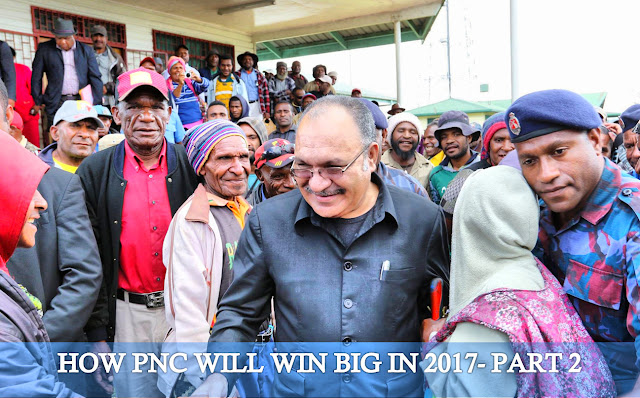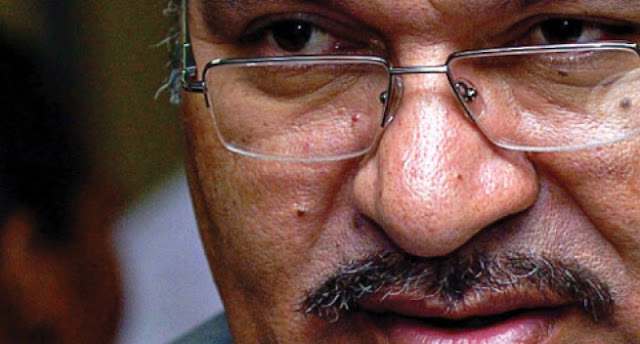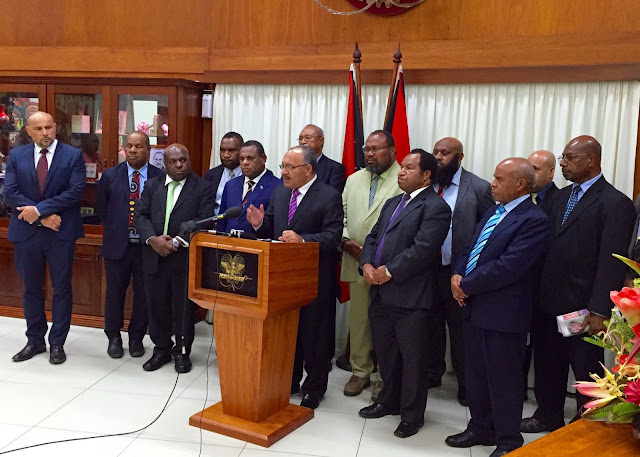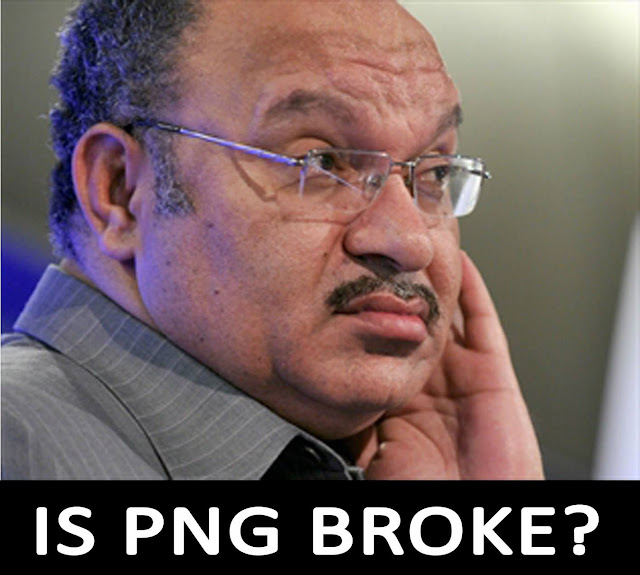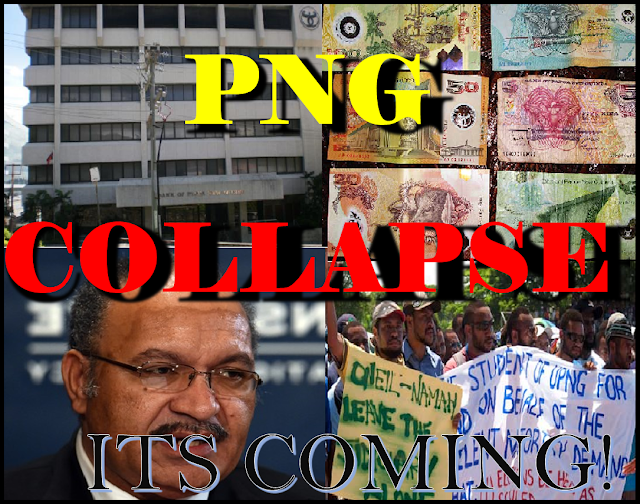OPEN LETTER TO DON POLYE - "You are one of the few who understand that in excess of K100M – maybe as high as K500M – is missing and unaccounted for in the UBS loan alone"
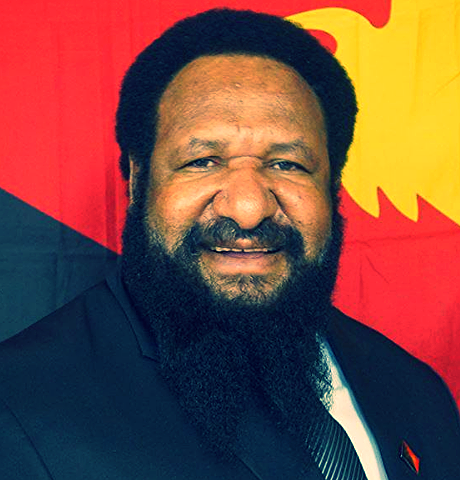
Congratulations, Mr Polye, on winning the re-count for Kandep district! We realise sinister political forces were at work to bring about the re-count. Thankfully you won. PNG needs your leadership now like never before. As you know we are currently saddled with a limping-along economy that is likely due to corrupt government. The eyes of all Papua New Guineans are on you to take the lead in challenging the O’Neill administration. One year ago in the October 8, 2015 edition of the Post Courier you were spot on in your claim that the PNG LNG funds were being parked in an account in Singapore, and not in the Bank of PNG as claimed by the O’Neill administration. Thank you for bringing that to the light of day. You can’t rest now. You need to continue to hammer away and demand transparency of government finances. In particular you need to focus on the UBS loan, now rolled into a Credit Suisse loan. Secondly you need to demand full disclosure of the PNG LNG income.
